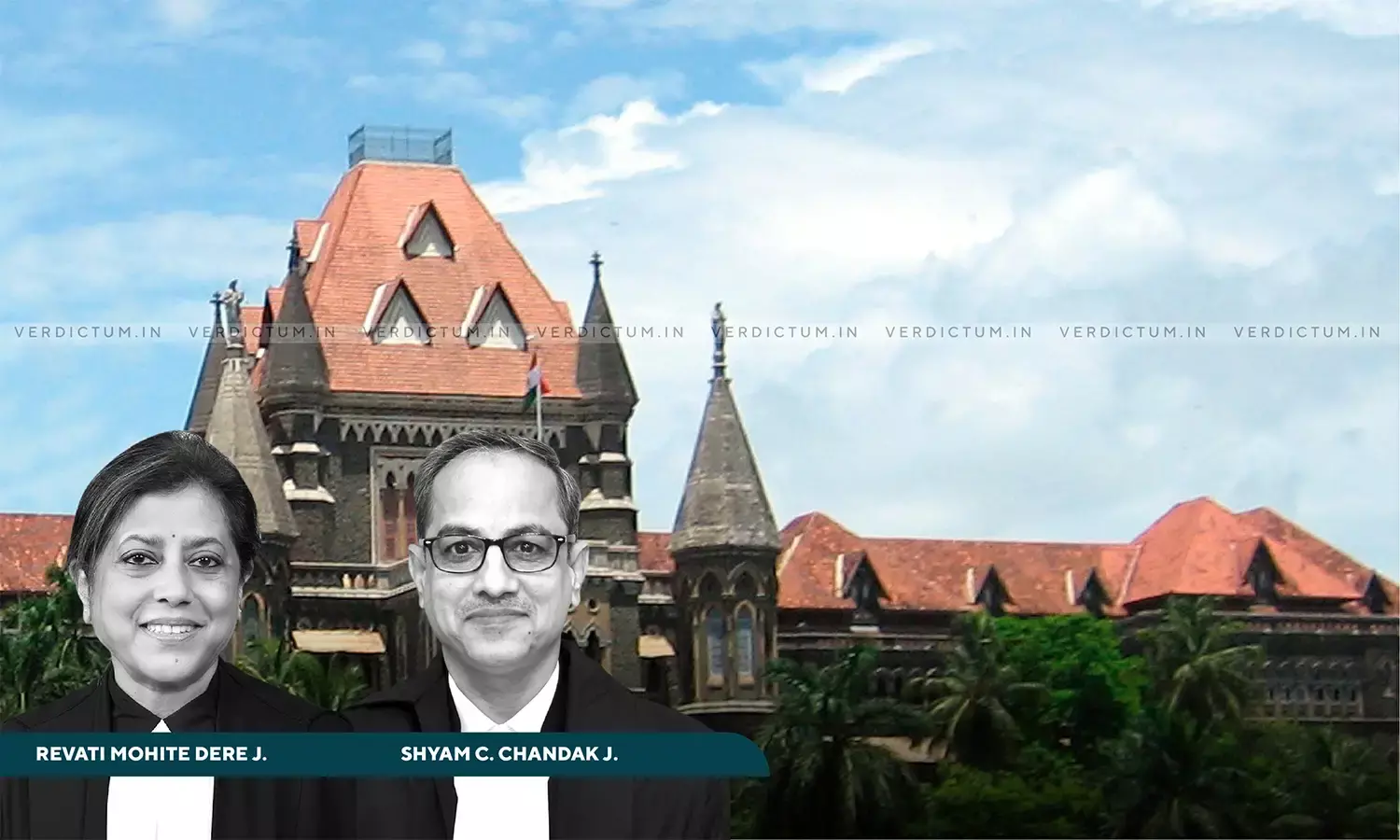Existence Of Notice U/S 41A CrPC Sufficient To Presume That Arrest Was Unwarranted: Bombay HC Orders Inquiry Against Police Officers For Illegal Arrest Of Journalist
The Bombay High Court directed higher police authorities to conduct an inquiry into the “illegal arrest” of the journalist while noting that the existence of notice under Section 41A CrPC is sufficient to prove that arrest is not at all warranted.
The Court said that the offence alleged against the Petitioner was non-bailable but not punishable with imprisonment of more than seven years, and as such notice under Section 41A ought to have been served on the Petitioner.
The Court was hearing a Petition filed under Article 226 of the Constitution of India and Section 482 of the CrPC, seeking a Writ or Order declaring the Petitioner’s arrest and detention as illegal. The Petitioner also requested an investigation into the alleged misconduct of police authorities for not following the directives in Arnesh Kumar vs. State of Bihar. Additionally, the Petitioner sought Rs.5 crore in compensation for illegal detention.
The bench of Justice Revati Mohite Dere and Justice Shyam C. Chandak observed, “Existence of the notice under Section 41A is sufficient to presume that, the arrest of the Petitioner was not at all warranted.”
Advocate Medha Jondhale appeared for the Appellant and APP P.P. Shinde appeared for the Respondent.
Brief Facts-
The Petitioner, a journalist, was arrested following an FIR under Sections 384 and 506 of the IPC. Upon being produced before the Additional Chief Metropolitan Magistrate it was noted that his arrest violated the guidelines as laid down in the case of Arnesh Kumar vs. State of Bihar. It led to his remand to MCR. Due to the absence of the APP, the Petitioner's bail application was delayed, and he had to remain in jail for 3 days.
The Court said that even though the notice under Section 41A was allegedly prepared, it was not served upon the Petitioner before arresting him.
The Court observed, “All this, in our considered opinion, was done in a mechanical and casual manner. Thus, said action was in stark violation of the mandates of the Cr.P.C. and the guidelines laid down by the Hon’ble Supreme Court in the case of Arnesh Kumar (supra).”
The Court noted that the Magistrate ought to have been vigilant while sending the Petitioner to jail for want of say of the A.P.P. According to the Court, the said action of the Magistrate reflects non-application of mind in the aforesaid facts.
The Court mentioned the decision in D. K. Basu vs. State of West Bengal, where it was observed, “the latin maxim ‘salus populi est supreme lex’ (the safety of the people is the supreme law) and salus republicae est suprema lex (safety of the state is the supreme law) co-exist and are not only important and relevant but lie at the heart of the doctrine that the welfare of an individual must yield to that of the community. The action of the State, however, must be “right, just and fair”.”
Accordingly, the Court disposed of the Petition.
Cause Title: Abhijit Arjun Padale v. State of Maharashtra (Neutral Citation: 2024:BHC-AS:34257-DB)
Appearance:
Appellant: Adv. Medha Jondhale, Adv. Anand Jondhale, Adv. Rajnandini Jondhale & Adv. Harshvardhan Shinde
Respondent: APP P.P. Shinde



